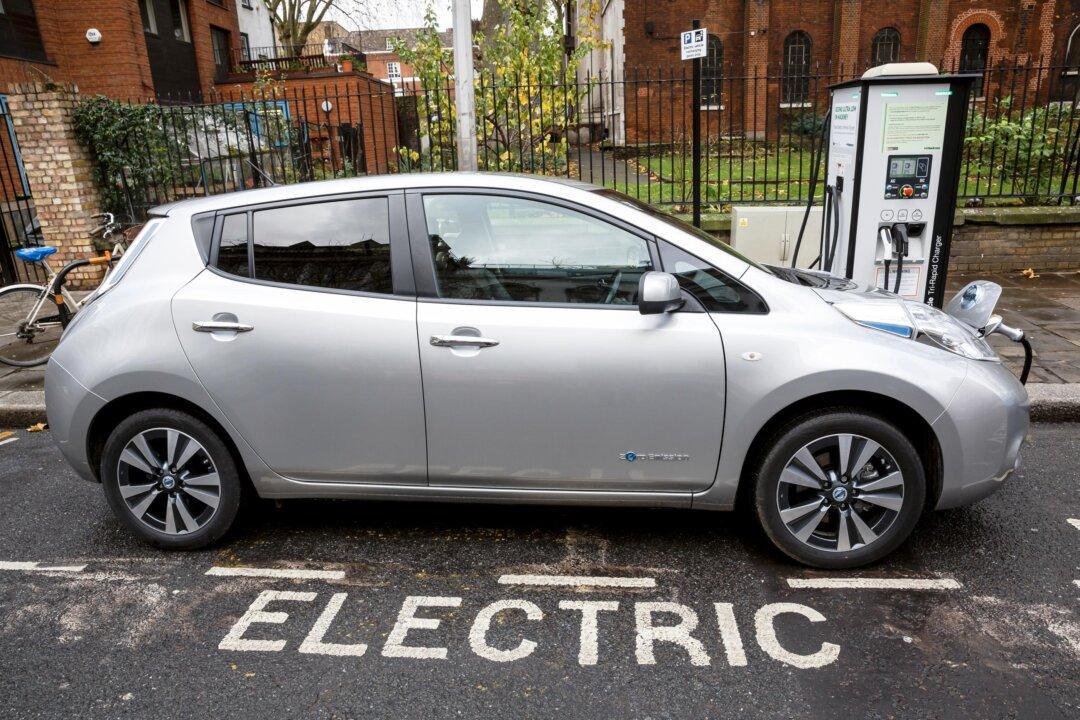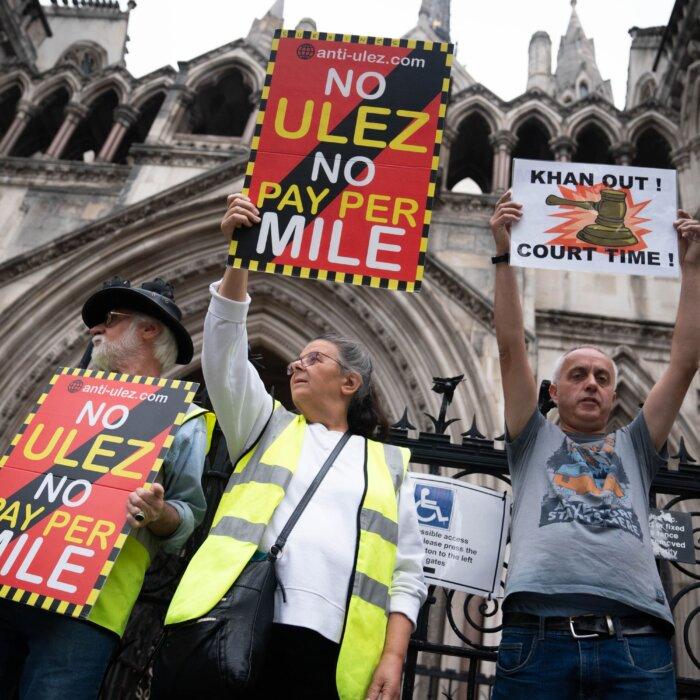Motorists driving zero-emission vehicles in London’s congestion zones are to lose their exemption and will have to pay the standard charge from the end of next year.
According to Transport for London (TfL), from Christmas next year, drivers of EV cars will have to pay a £15 daily charge to drive in London. Since 2019, they have been able to pay £10 for a year’s exemption.
The charge was introduced on 2003 to make the streets of the capital less gridlocked and is enforced by automatic number-plate recognition cameras.
100 Percent Discount
It is similar to London’s Ultra Low Emission Zone (ULEZ), which charges vehicles that do not meet certain emissions standards a daily fee to drive or face fines. ULEZ monitors vehicles 24 hours a day, seven days a week.Before the changes, battery electric or hydrogen fuel cell vehicles were eligible for the Cleaner Vehicle Discount (CVD), which offered a 100 percent discount from the Congestion Charge.
As of June 26, 112,318 cars and vans were registered for the CVD. Of these, 15,782 were private hire vehicles.
According to its latest update, from Dec. 25, 2025, the CVD will be discontinued.
“From this date, all vehicle owners, unless in receipt of another discount or exemption, will need to pay to enter the Congestion Charge zone during charging hours,” it said.
A spokesman for TfL told The Epoch Times by email that the “mayor and TfL have taken world-leading action to tackle the triple threats of air pollution, congestion, and climate change.”
Maintain the Effectiveness
He said that the CVD was part of their “phased scheme to tackle London’s toxic air.”“Ending the Cleaner Vehicle Discount from 25 December 2025 will maintain the effectiveness of the Congestion Charge, which is in place to manage traffic and congestion in the heart of London,” he added.
TfL has previously said that the CVD has seen a steep rise in vehicles registered for the discount, from just over 20,000 at the start of 2019 to over 112,000 today.
It added that with nearly two years until the discount is due to end, it “is likely that these numbers will continue to increase significantly and continuing to provide the CVD would undermine the benefits of the Congestion Charge.”






